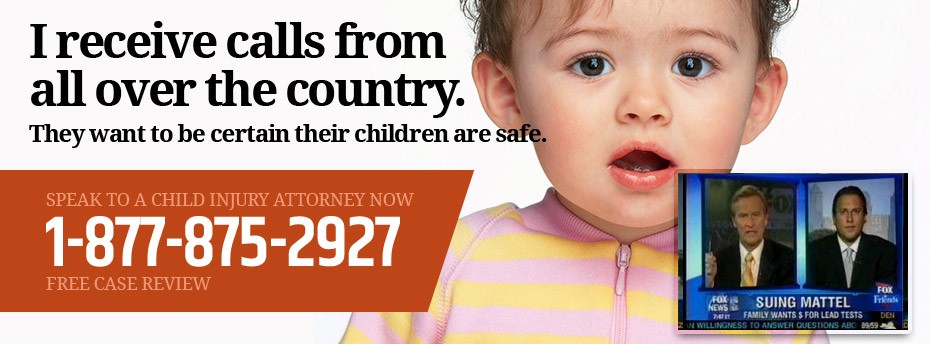Toys R’ Us moves to appeal $20 million in damages over fatal slide and pool accident
The national chain will appeal a $20 million award given to family members of a woman who died as a result of a faulty pool slide.
In 2006, 29-year old Robin Aleo was swimming in a relative’s pool when tragedy struck. She had climbed to the top of a 6-foot, “Banzai,” inflatable pool slide and slid down with head-first. Before she hit the water, the slide collapsed, tossing Aleo to the side where she slammed her head and on the concrete deck. This impact broke her neck, causing her death the following day at a nearby Boston hospital. Husband Michael Aleo and the couple’s 15-month-old child were standing by watching as the event occurred.
In 2011, a jury ruled in the Aleo family’s favor and awarded them more than $20 million in damages, on the premise that the slide, sold by national retailer Toys R’ Us was not compliant with safety standards set by the federal government for pool slides. The settlement included $2.5 million for anticipated lost income, $100,000 for pain and suffering while Aleo was in the hospital prior to her death, and $18 million in punitive damages.
The brand has pursued appeal, arguing that the safety regulations cited as being unmet did not apply to the inflatable type of slide at the pool, but instead to rigid, solid slides. Toys R’Us also claimed that lawyers asserted inflammatory remarks about the brand importing an “illegal” product.
“Inflatable slides did not exist (when the regulation was put in place),” argues the lawyers for Toys R’ Us, in reference to the assertion made by Aleo’s lawyers that pool slides are subject to a safety standard imposed by the Consumer Product Safety Commission in 1976. According to the retailer, “established performance standards that were designed for rigid slides and that could not be met by an air-dilled slide made of fabric like the inflatable slide.”
Aleo’s family was sure to emphasize that Robin Aleo was obeying all the rules and safety requirements written on the slide, and that she was well under the weight limit of 200 pounds at 148 pounds.
The slide, purchased from Toys R’ Us online store-front at Amazon.com, was a Chinese import that was reportedly “never tested. It carried no required certification that it had been so tested,” said the Aleo family attorney.
In response to the incident as well as two other accidents involving the slide and causing devastating spinal injuries, the Consumer Product Safety Commission announced that retailers Toys R’ Us and Wal-Mart had recalled the slides in 2012.
Despite these events and the recall, Toys R’Us intends to pursue the appeal in the highest court of the state of Masschusetts, arguing that the safety commission’s 1976 federal standards for pool slides are not a factor in this case because they applied only to rigid slides, and inflatable slides had yet to be invented. According to the brand, the regulation and subsequent ruling “goes beyond Congress’s authorization for consumer product safety rules.”
As summer approaches and pools begin to fill up with water, a story such as this is daunting for parents. In order to keep you and your children safe, we recommend that you thoroughly understand the safety requirements involving pools and inspect the products thoroughly, as they may have deteriorated over the winter. If you or your child have experienced a similar injury and would like to hold the responsible parties accountable, contact the Child injury attorney Jeffrey Killino today for a free case evaluation.





